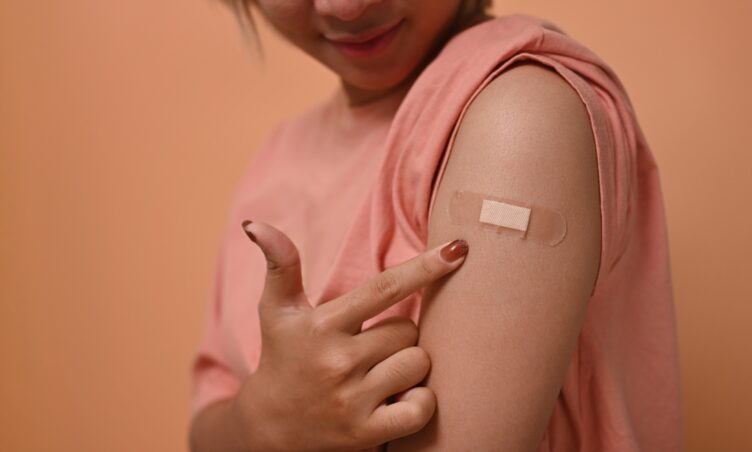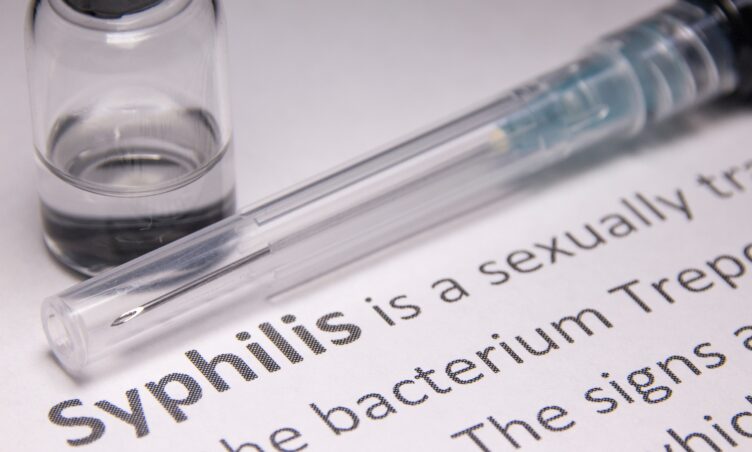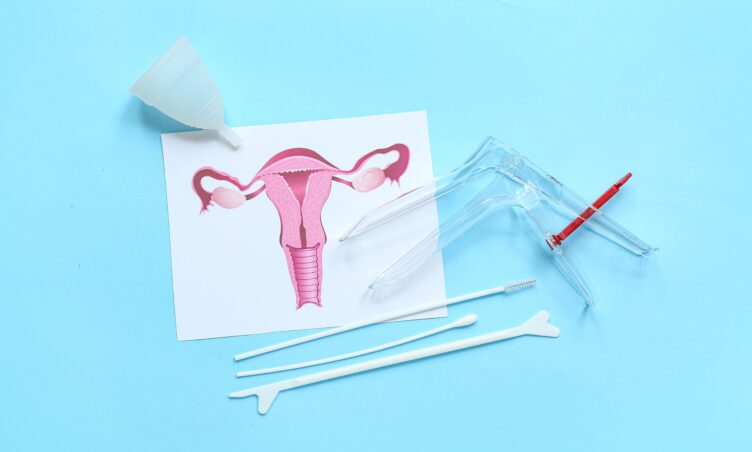Can STIs be cured?

Most STIs are completely curable and go away with the right treatment – and ALL STIs are treatable.
If left untreated, STIs can have long-term impacts on your health. That’s why it’s important to get treatment as soon as possible.
A lot of STIs are caused by bacteria and can be cured with the right antibiotics. Often it’s just one dose of antibiotics, not having sex for 7 full days after treatment and then testing a few weeks later to make sure the infection is gone, or that you haven’t been re-infected. Common bacterial STIs include chlamydia and syphilis.
Some STIs aren’t currently “curable” – however they are very treatable and manageable. These include viral STIs such as the Herpes Simplex Virus (cold sores and genital herpes), Human Papillomavirus (HPV) and Human Immunodeficiency Virus (HIV). Treatment for these STIs make it much harder for them to be passed on to other people. For example, with HIV, treatment can make the level of virus in your blood undetectable, and therefore unable to be passed onto others (Undetectable = Untransmittable – U=U). For HPV, regular cervical screening is important to monitor whether or not the virus creates any changes in the cervix that could lead to cancer. HPV can also cause genital warts; any visible warts can be managed with cryotherapy (freezing off) or antiviral lotion.
That’s why it’s so important to get regular STI tests (at least once a year!) – as ALL STIs can be managed. It’s important to see a health professional to make sure you take the treatment the right way, and to ensure that STIs are managed safely for everyone. That includes letting sexual partners know if you have had any STIs, so you have less of a chance of getting them again, and the STI is limited from circulating in the community. The best way to prevent the spread of STIs is to use condoms & dams and communicate openly with your sexual partner(s).






